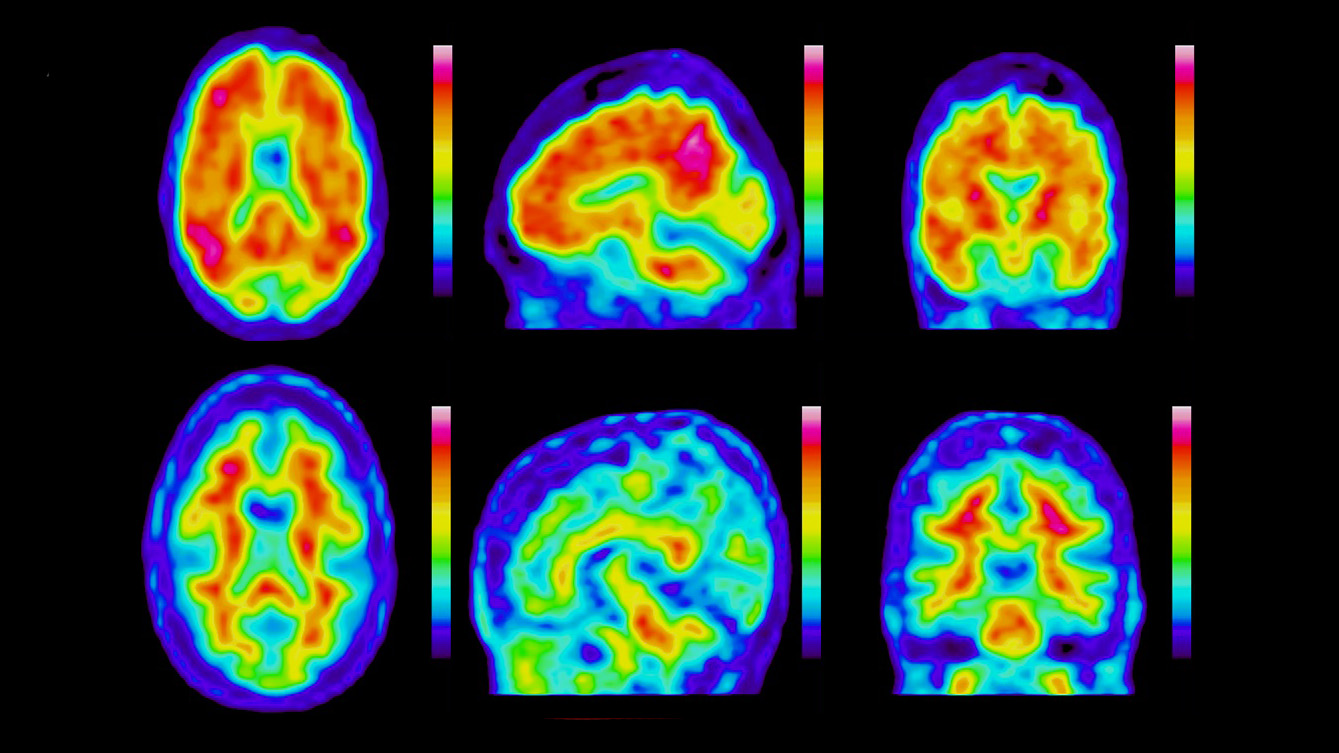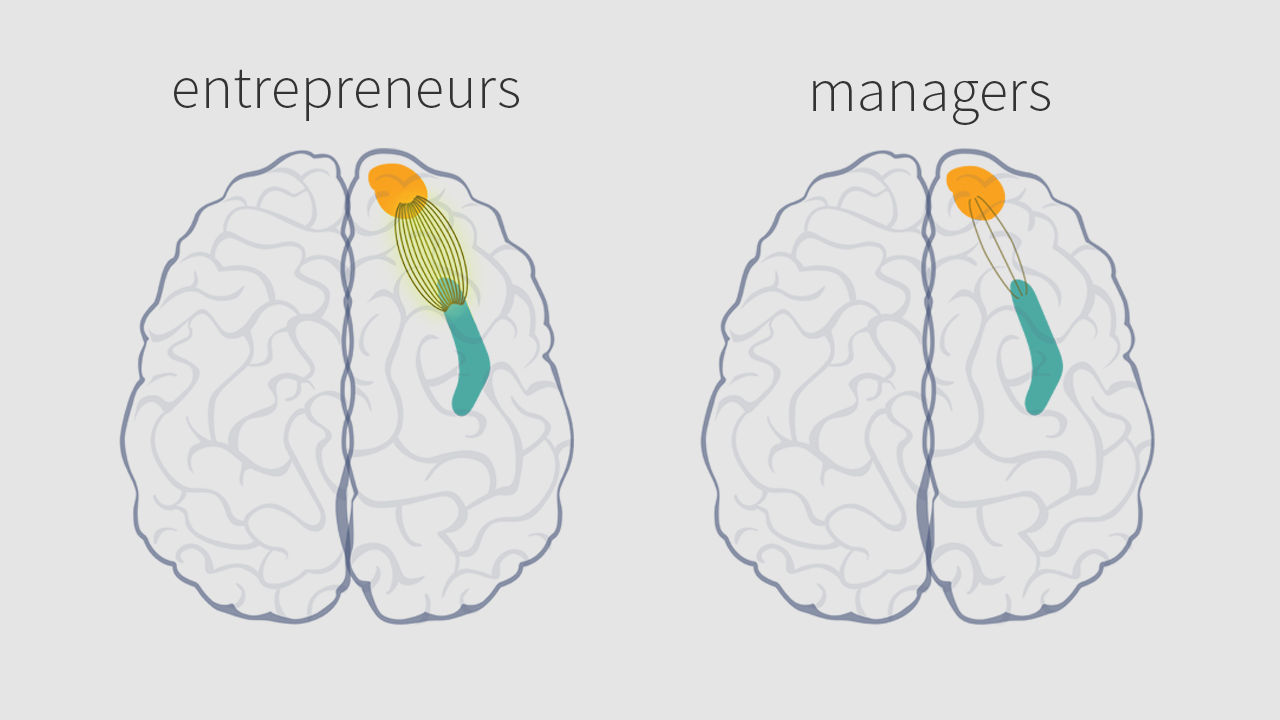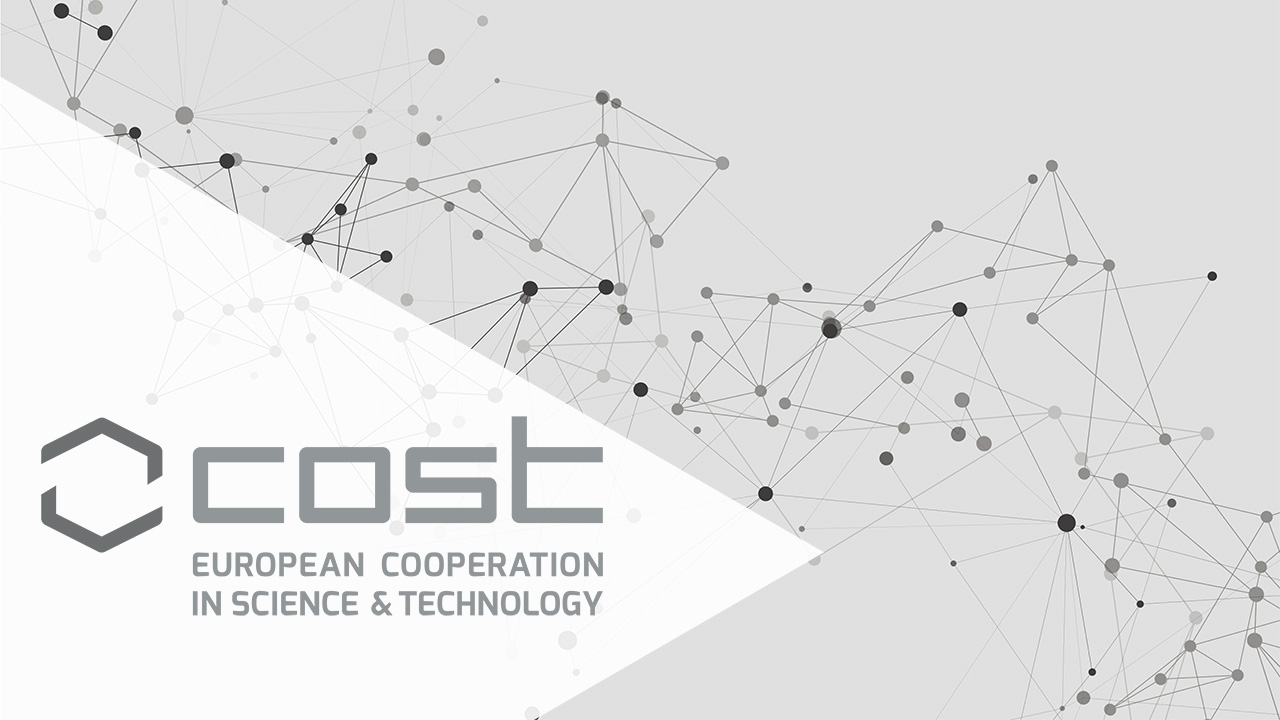
The GIGA-CRC-Human Imaging receives exceptional funding from the ROGER DE SPOELBERCH Foundation for a large-scale project on Alzheimer's disease.
The project set up by ULiège researchers aims at a better understanding of the impact of the neuroinflammation process on the neuropathology of the disease and the associated cognitive changes.















